-
 bitcoin
bitcoin $117366.968408 USD
0.60% -
 ethereum
ethereum $4611.537173 USD
-0.02% -
 xrp
xrp $3.089373 USD
0.06% -
 tether
tether $1.000286 USD
-0.03% -
 bnb
bnb $986.505381 USD
-0.03% -
 solana
solana $247.629906 USD
0.68% -
 usd-coin
usd-coin $0.999771 USD
-0.03% -
 dogecoin
dogecoin $0.281380 USD
-0.26% -
 cardano
cardano $0.931695 USD
1.71% -
 tron
tron $0.352059 USD
2.40% -
 hyperliquid
hyperliquid $58.226337 USD
-0.94% -
 chainlink
chainlink $24.805082 USD
3.27% -
 avalanche
avalanche $35.625687 USD
10.55% -
 ethena-usde
ethena-usde $1.000922 USD
-0.02% -
 sui
sui $3.883984 USD
2.13%
Cryptocurrency exchange selection guide: Which platform is the safest? Fee comparison
Choose a crypto exchange by balancing safety (security, compliance, reputation) and fees (trading, deposit/withdrawal, other charges) based on your specific trading needs.
May 26, 2025 at 08:36 am
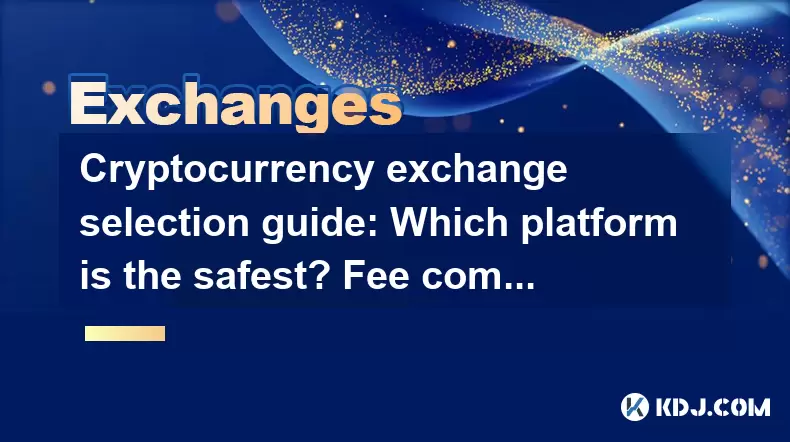
Cryptocurrency exchange selection guide: Which platform is the safest? Fee comparison
Choosing the right cryptocurrency exchange can be a daunting task, given the plethora of options available in the market. The safety of an exchange and the fees it charges are two of the most critical factors to consider when making your decision. In this guide, we will explore how to assess the safety of various platforms and compare their fee structures to help you make an informed choice.
Understanding Exchange Safety
When evaluating the safety of a cryptocurrency exchange, several key aspects need to be considered. Security measures, regulatory compliance, and reputation are the primary factors that contribute to an exchange's safety rating.
Security Measures
Exchanges employ various security protocols to protect user funds and data. Two-factor authentication (2FA), cold storage, and encryption are essential security features. 2FA adds an extra layer of security by requiring a second form of verification, typically a code sent to your mobile device. Cold storage refers to keeping the majority of funds offline, reducing the risk of hacking. Encryption ensures that data transmitted between the user and the exchange is secure.
To assess an exchange's security, look for detailed information on their website about their security practices. Some exchanges undergo regular security audits, which can be a good indicator of their commitment to safety.
Regulatory Compliance
Regulatory compliance is another crucial aspect of exchange safety. Exchanges that operate under the oversight of financial regulatory bodies are generally considered safer. For instance, exchanges registered with the U.S. Securities and Exchange Commission (SEC) or the Financial Conduct Authority (FCA) in the UK are subject to strict regulations that help protect users.
Check the exchange's website for information on their regulatory status and any licenses they hold. This can provide peace of mind that the exchange is operating within legal frameworks designed to protect consumers.
Reputation and User Feedback
The reputation of an exchange can be gauged through user reviews and feedback. Platforms like Trustpilot and Reddit can provide insights into other users' experiences. Look for patterns in the feedback, such as consistent complaints about security issues or positive remarks about the exchange's responsiveness to customer concerns.
Comparing Exchange Fees
Fees are another critical factor when choosing a cryptocurrency exchange. Trading fees, deposit and withdrawal fees, and other charges can significantly impact your overall costs.
Trading Fees
Trading fees are charged for buying and selling cryptocurrencies on the exchange. These fees can be structured in different ways, such as a flat fee per transaction or a percentage of the transaction value. Some exchanges offer a tiered fee structure, where the fee percentage decreases as your trading volume increases.
To compare trading fees, visit the fee section of each exchange's website. Note the fee structure and calculate potential costs based on your expected trading volume.
Deposit and Withdrawal Fees
Deposit and withdrawal fees are charged when you move funds to and from the exchange. These fees can vary widely between exchanges and depend on the payment method and cryptocurrency involved. Some exchanges offer free deposits for certain methods, while others may charge a fee.
When comparing these fees, list out the deposit and withdrawal fees for the cryptocurrencies and payment methods you plan to use. This will help you understand the total cost of moving your funds.
Other Charges
Some exchanges may have other charges, such as inactivity fees or fees for using certain features. Be sure to read the fine print on the exchange's website to understand all potential costs.
Top Exchanges: Safety and Fees
Let's look at some of the top cryptocurrency exchanges and evaluate their safety and fee structures.
Coinbase
Coinbase is one of the most well-known exchanges, known for its user-friendly interface and strong security measures. It offers 2FA, cold storage, and is compliant with multiple regulatory bodies, including the SEC and FCA.
- Trading Fees: Coinbase charges a spread of about 0.5% on all trades, with additional fees ranging from 0.5% to 4% depending on the payment method and transaction size.
- Deposit and Withdrawal Fees: Deposits are generally free, while withdrawal fees vary by cryptocurrency, ranging from $0 to $25.
- Other Charges: Coinbase does not charge inactivity fees but may have fees for certain features like Coinbase Pro.
Binance
Binance is another popular exchange, known for its low fees and extensive range of trading pairs. It uses 2FA and cold storage but has faced regulatory scrutiny in some regions.
- Trading Fees: Binance offers a tiered fee structure, with maker fees ranging from 0.02% to 0.10% and taker fees from 0.04% to 0.10%. Fees decrease with higher trading volumes.
- Deposit and Withdrawal Fees: Deposits are free, while withdrawal fees vary by cryptocurrency, typically ranging from a few cents to a few dollars.
- Other Charges: Binance does not charge inactivity fees but may have fees for certain advanced features.
Kraken
Kraken is known for its robust security measures and regulatory compliance. It offers 2FA, cold storage, and is registered with the FCA.
- Trading Fees: Kraken uses a tiered fee structure, with maker fees ranging from 0% to 0.16% and taker fees from 0.10% to 0.26%. Fees decrease with higher trading volumes.
- Deposit and Withdrawal Fees: Deposits are generally free, while withdrawal fees vary by cryptocurrency, typically ranging from a few cents to a few dollars.
- Other Charges: Kraken does not charge inactivity fees but may have fees for certain advanced features.
How to Choose the Right Exchange
Choosing the right exchange involves balancing safety and fees based on your specific needs. Here are some steps to help you make an informed decision:
- Assess Your Needs: Determine your trading volume, the cryptocurrencies you want to trade, and your preferred payment methods.
- Evaluate Safety: Review the security measures, regulatory compliance, and reputation of each exchange.
- Compare Fees: Calculate the total costs based on the trading, deposit, withdrawal, and other fees for each exchange.
- Consider User Experience: Look for an exchange with a user-friendly interface and responsive customer support.
Frequently Asked Questions
Q: Can I trust an exchange that is not regulated by a financial authority?A: While some unregulated exchanges may be safe, those that comply with regulatory bodies generally offer a higher level of protection for users. It's important to thoroughly research an exchange's security measures and user feedback if it is not regulated.
Q: Are lower fees always better when choosing an exchange?A: Not necessarily. While lower fees can save you money, it's crucial to balance this with the safety and reliability of the exchange. An exchange with slightly higher fees but robust security measures and regulatory compliance may be a better choice.
Q: How often should I review my chosen exchange's safety and fee structure?A: It's a good practice to review your exchange's safety and fee structure at least annually or whenever there are significant changes in the cryptocurrency market or regulatory landscape.
Q: What should I do if I encounter issues with an exchange's security or fees?A: If you encounter issues, first reach out to the exchange's customer support. If the problem persists, consider switching to a different exchange that better meets your needs for safety and cost-effectiveness.
Disclaimer:info@kdj.com
The information provided is not trading advice. kdj.com does not assume any responsibility for any investments made based on the information provided in this article. Cryptocurrencies are highly volatile and it is highly recommended that you invest with caution after thorough research!
If you believe that the content used on this website infringes your copyright, please contact us immediately (info@kdj.com) and we will delete it promptly.
- CBDCs in Chile and Brazil: A Tale of Two Approaches
- 2025-09-19 12:25:16
- Bitcoin Whales, Ethereum, and Smart Money: A New Yorker's Take on Crypto's Evolving Landscape
- 2025-09-19 10:25:11
- Bitcoin, Crypto Rally, and September's Endgame: What's the Haps?
- 2025-09-19 10:25:11
- From Change to Riches: That 1 Rupee Coin Could Be Worth 10 Crores!
- 2025-09-19 10:30:00
- ZA Miner: Your Go-To for Cloud Mining and Crypto Income in 2026
- 2025-09-19 10:30:00
- Cryptos in September 2025: Presale Gains and Beyond!
- 2025-09-19 10:30:00
Related knowledge
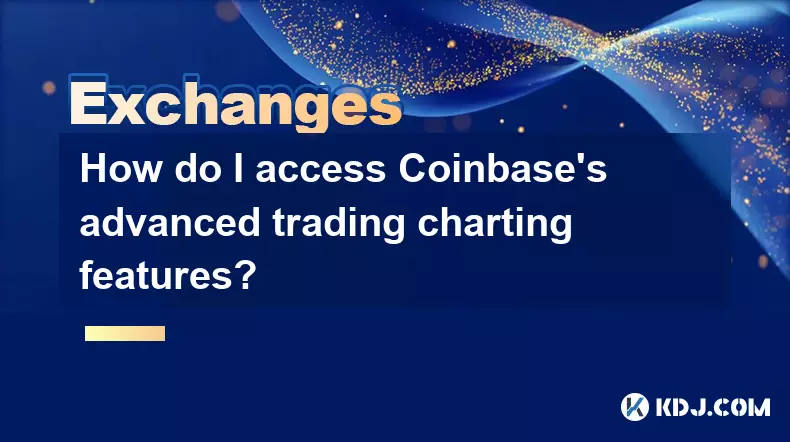
How do I access Coinbase's advanced trading charting features?
Sep 18,2025 at 09:00pm
How to Navigate Coinbase Advanced Trading Interface1. Log into your Coinbase account through the official website or desktop application. Ensure that ...

How do I track cryptocurrency price alerts on Coinbase?
Sep 19,2025 at 04:19am
Setting Up Price Alerts on Coinbase1. Log into your Coinbase account through the mobile app or website. Navigate to the 'Prices' tab, where you can br...
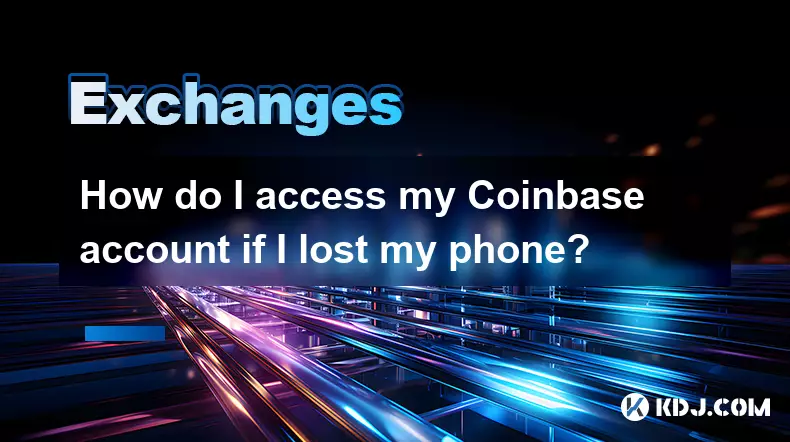
How do I access my Coinbase account if I lost my phone?
Sep 19,2025 at 05:00am
Recovering Access to Your Coinbase Account Without a Phone1. Visit the Coinbase login page and click on “Forgot password?” This will initiate the acco...
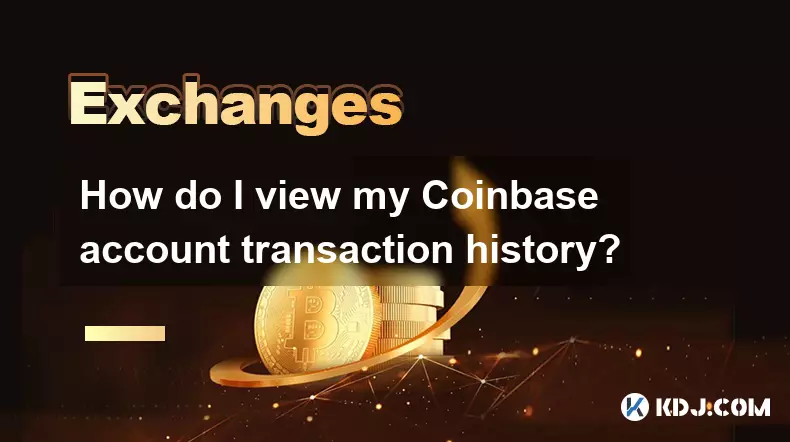
How do I view my Coinbase account transaction history?
Sep 19,2025 at 02:55am
Accessing Your Coinbase Transaction History1. Log in to your Coinbase account using your registered email and password. Once authenticated, you will b...
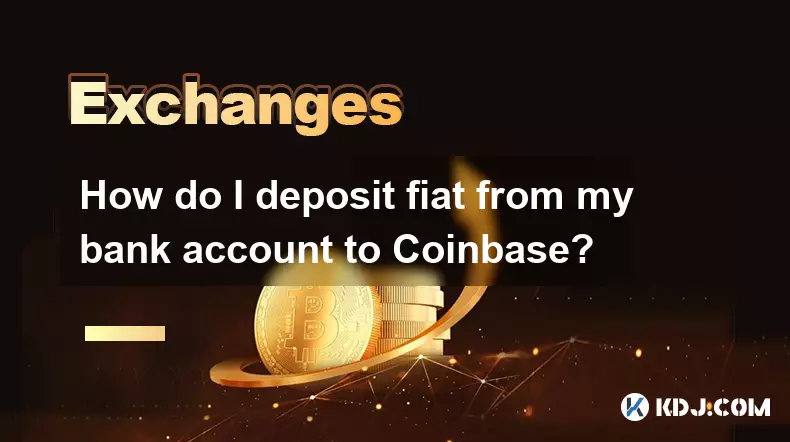
How do I deposit fiat from my bank account to Coinbase?
Sep 19,2025 at 05:55am
Connecting Your Bank Account to Coinbase1. Log in to your Coinbase account through the website or mobile application. Navigate to the 'Portfolio' sect...

How to get a referral code for Gate.io?
Sep 16,2025 at 06:54am
Understanding Referral Systems on Gate.io1. Gate.io operates a comprehensive referral program that allows existing users to invite others and earn rew...

How do I access Coinbase's advanced trading charting features?
Sep 18,2025 at 09:00pm
How to Navigate Coinbase Advanced Trading Interface1. Log into your Coinbase account through the official website or desktop application. Ensure that ...

How do I track cryptocurrency price alerts on Coinbase?
Sep 19,2025 at 04:19am
Setting Up Price Alerts on Coinbase1. Log into your Coinbase account through the mobile app or website. Navigate to the 'Prices' tab, where you can br...

How do I access my Coinbase account if I lost my phone?
Sep 19,2025 at 05:00am
Recovering Access to Your Coinbase Account Without a Phone1. Visit the Coinbase login page and click on “Forgot password?” This will initiate the acco...

How do I view my Coinbase account transaction history?
Sep 19,2025 at 02:55am
Accessing Your Coinbase Transaction History1. Log in to your Coinbase account using your registered email and password. Once authenticated, you will b...

How do I deposit fiat from my bank account to Coinbase?
Sep 19,2025 at 05:55am
Connecting Your Bank Account to Coinbase1. Log in to your Coinbase account through the website or mobile application. Navigate to the 'Portfolio' sect...

How to get a referral code for Gate.io?
Sep 16,2025 at 06:54am
Understanding Referral Systems on Gate.io1. Gate.io operates a comprehensive referral program that allows existing users to invite others and earn rew...
See all articles








































































